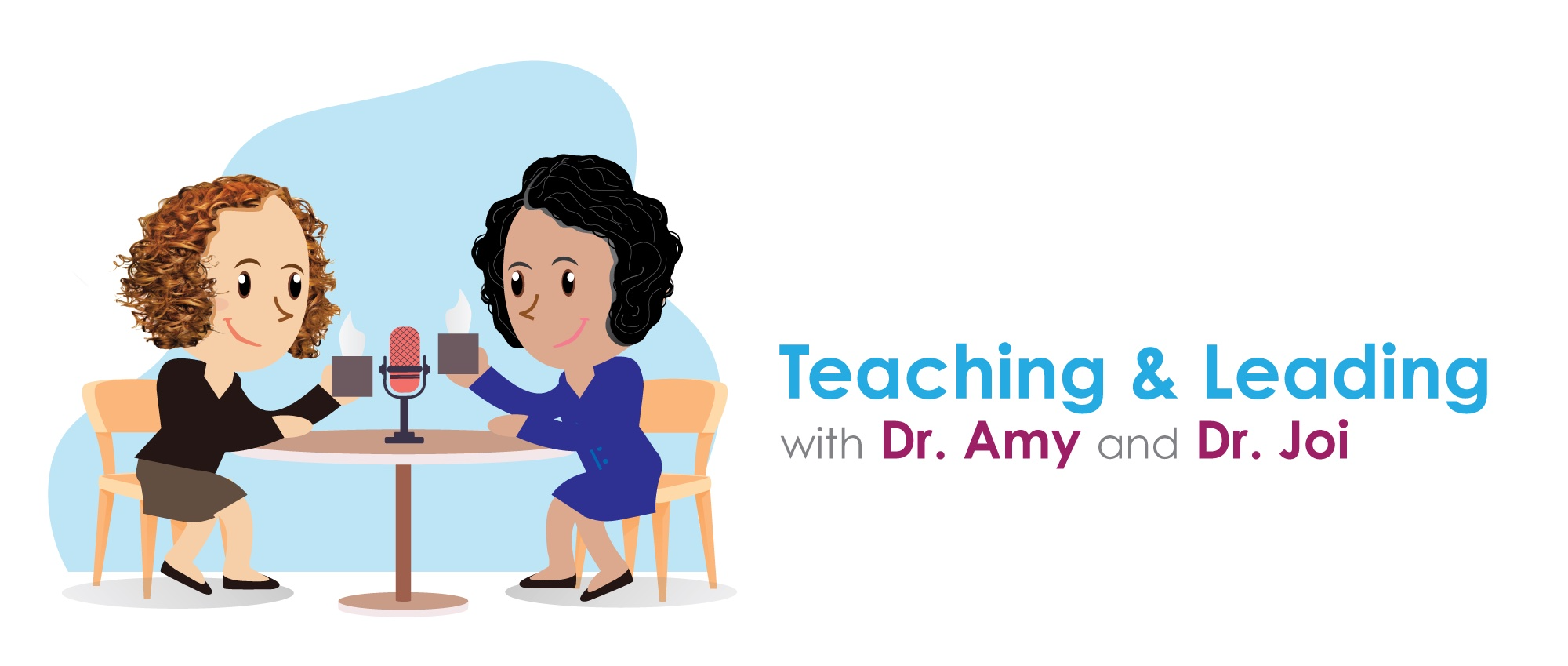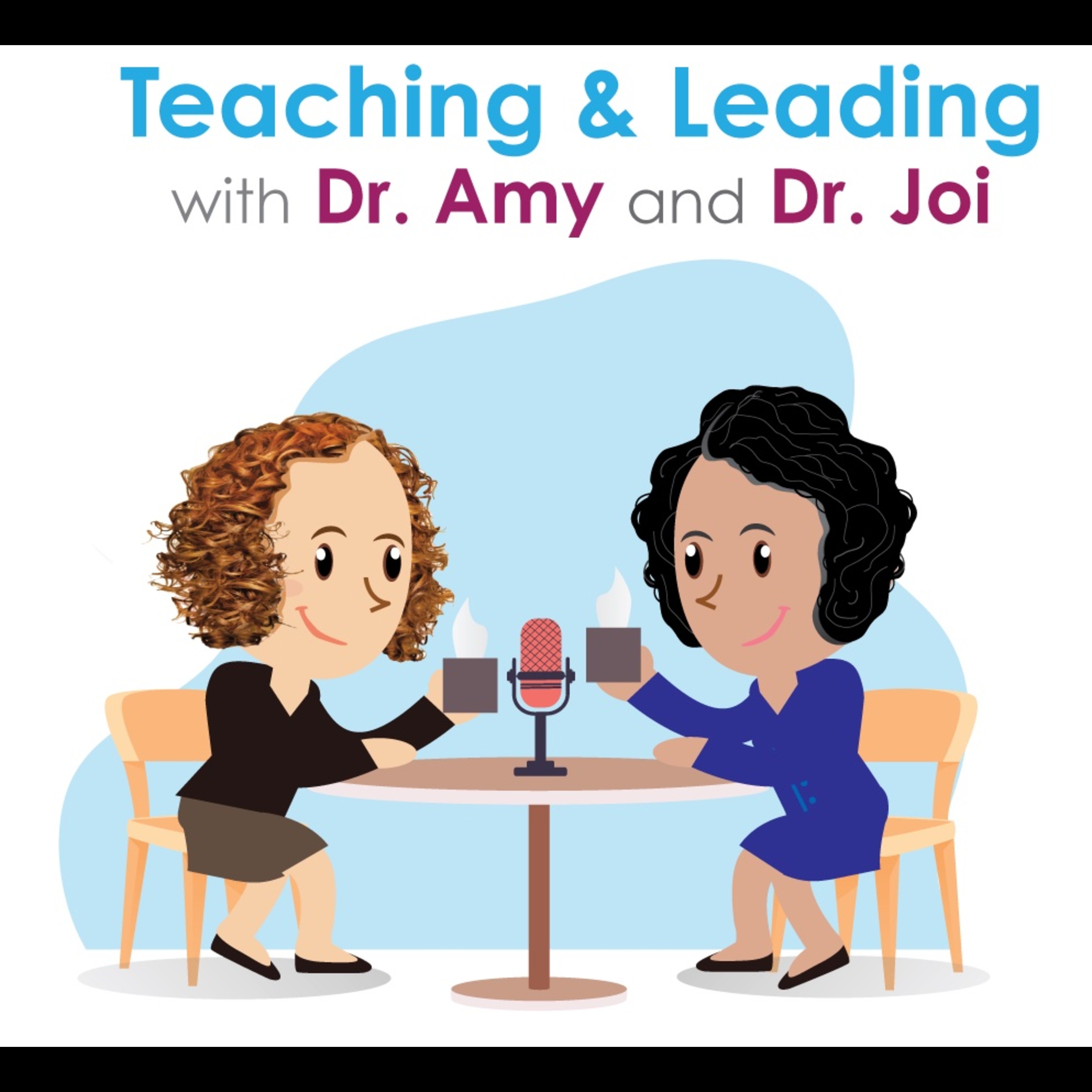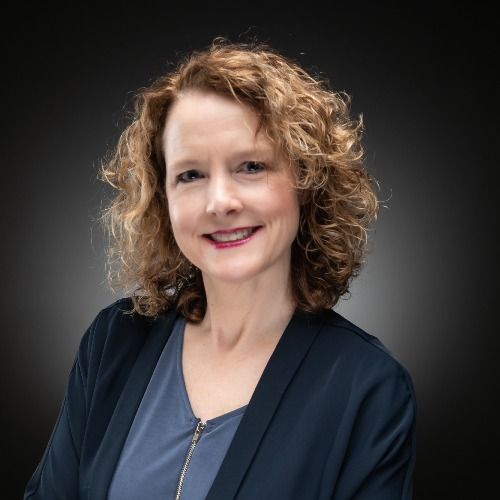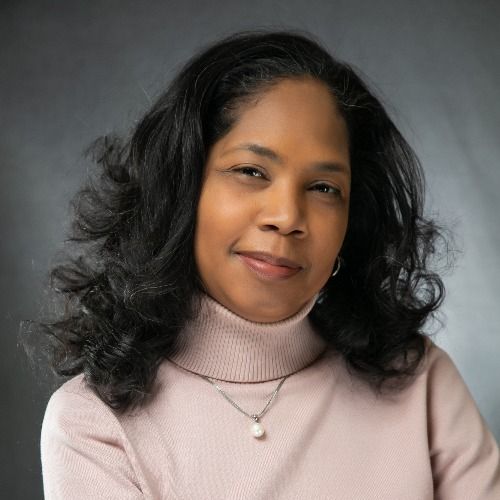Amplifying Black Voices: A Conversation with Dr. Phyllis West
Dr. Phyllis West, Director of Social Justice Initiative at Governor State University, discusses the evolution of respectability politics and the stigmatization associated with African American hair. She recounts her journey from being a high school cosmetology major to an academic, highlighting the societal pressures and personal challenges she faced with her hair choices.
Transcript
SUMMARY KEYWORDS
respectability politics, Black History Project, amplify black voices, social justice initiative, diversity equity inclusion, restorative justice, natural hair, hair evolution, respectability politics, Crown Act, beauty industry, Black Beauty, hair discrimination, hair freedom, Black hair products
SPEAKERS
Amy Vujaklija, Phyllis West, Joi Patterson
Phyllis West:Amy, respectability politics is still a challenge, and you are still stigmatized or defined by how you wear your hair. There are assumptions of how you think.
Amy Vujaklija:Thank you for joining, teaching and leading with Dr Amy and Dr Joi, this episode is part of a special Black History Project. This
Joi Patterson:project is designed to amplify black voices and provide crucial perspectives on experiences of black people which are often overlooked and misrepresented by offering authentic experiences reflection and successes, this project promotes an accurate portrayal of history and society.
Amy Vujaklija:Dr Phyllis West, you are the Director of Social Justice Initiative at Governor State University. You earned a bachelor's degree in history from Paine college and two master's degrees, one in public health and the other in Social Work from Tulane University before earning your PhD from the University of Chicago School of Social Service Administration, Dr West, you also consult In corporate and non profit spaces on diversity, equity, inclusion and belonging, organizational wellness and conflict resolution in 2022 you were certified as a restorative justice practitioner, and we are so glad to have you with us.
Joi Patterson:Dr West, we are honored to include you in this inaugural Governor State University Black History calendar for 2025 Can you please share with our listeners what you would say has changed the most from the time you were a young person, which you're, what you still are, Until now.
Phyllis West:Thank you, and thank you for having me here. It's an honor. This is actually fun for me, and I want to start I love the question, and I didn't know how I was going to answer it, right? What has changed since I was a young person? Well, I would say it'll probably be surprising to some and not to others, but I majored in cosmetology in high school, I did hair. It was always my grandmother's dream for my mother to become a cosmetologist, and my mother did not do that. She came to Chicago and she fell in love with my father, and she had five children, so she was busy taking care of us and raising us. Once I got in high school and I heard that story, I said I would be the one who majored in cosmetology podcast. It was expected that I would do hair for the rest of my life, and I would make a whole lot of money doing here. Well, I did make my family proud in that I managed to get trophies and doing hair in cosmetology school, I did cause I did do hair. I thought I was going to do hair after but then I realized that other people were going to college, and I wanted to go to college as well. However, cosmetology became my doing. Hair became my side hustle, and it got me through college. It was also I was so recognized and known for it when I pledged, aka, back then you pledged, right? And when I pledged Alpha Kappa, alpha of at a historical black college, Payne College in Augusta, Georgia, was called our line was the elite 13. My primary responsibility online was to make sure everybody's hair was together. So it's always when I tell that story, and for the most part, majority of my experience here at Governor state, I've actually cut my hair, because hair has always been a journey. So what has changed from me being a cosmetologist in the 80s, in high school, right in this journey, hair has always been an evolution. I think it's always been for a number of people, it has been some type of evolution in where they are in life. For me, it's always been that way. What I've observed, though, on TV media, is people like Lupita inyengo, Whoopi Goldberg, Viola Davis and so many other women, Tracy Chapman and India Re and so many women who are my complexion and have natural hair has increased tremendously. I. I remember the first time I cut my hair. I cut my hair. I was, I'm sorry, a senior in college when I first cut my hair short, and the words that were said to me, I would say to no one in the world, I was always told I you know, I was told I looked like a boy, because no one cut their hair in the 80s on purpose. It's like, why would you do that? Well, I did, and I thought it was sort of cool, and I continue to do it. I just love cutting my hair. And then I moved to locks. Locks weren't popular. And mind you, I was out of grad school. I was in grad out of grad school, and I was close in my 20s and 30s. Back then in 1990s it was 1990s I was told at six o'clock in the morning, working out at in the park at 6am I heard an elderly woman said it looked like a dog had been sucking her hair. And that was the lock picture that I sent. And I was like, Oh my goodness. And I remember crying, right? I was in my 30s. I remember crying, going, how sad this is. But there was always this notion of respectability politics, historically, with African American hair and with African hair, that you had to look a certain way, or else you weren't accepted. Would that? A lot of that has changed, a lot of pride now, right? Young women are wearing their hair in multiple styles, including natural hair in different in colors and braids and straight, and they now call them hair caps. Who knew that wigs were called hair caps now? But I think the point I'm trying to make is that true freedom is being able to have the capacity to do what you want with your body, with your hair, and not asking for permission, right? And we see that trend with this generation. They're bolder now. They're trying new things, and all of it is acceptable based on their terms, however we unfortunately, it's still not acceptable in certain spaces. It's still not acceptable or you get so far, whether it's corporate America, whether it's in education, in the field of education, it is still respectability. Politics is still a challenge, and you're still stigmatized or defined by how you wear your hair. There are assumptions of how you think without a conversation, and that is the work we need to do. I wish I could say that, yes, we have grown. We see changes. And at the same time, in 2019 we needed to have a crown act that wouldn't fire people because of hairstyle. Fascinating, and that was 2019 and I, I'm excited about, and I know we need the crown. Discrimination is real still for various reasons, even if it's simply respectability politics, which is not necessarily around color, but around how we deem people should show up in the world, and if it's not what we think, we will challenge them. I The other thing with the evolution of hair, I want to just point this out, is that for the first time, we do see a decline in chemicals being placed on black hair. It's still happening. You know, clearly, we love our color, we also love perming our hair for various reasons. Now, however, we are asking and looking deeper into Wait a minute, what is it doing to our bodies? Research has shown that chemicals such as hair coloring as well as perming, actually causes cancer, is associated with cancer in some kind of way, and even uterine fibroids. So I think more women are doing a deeper dive into saying, What do I need for my body and my hair, and how do I how do I need to navigate this world and at the same time take care of myself. So I'm excited about this research, as well as this dialog that we can have that is associated with our health. Think the other thing is to understand this billion dollar business, right? The money is real in. Black hair and in beauty products. I looked this up, and it was fascinating to hear that on the global market, Black Beauty represents $9.3 billion $9.3 billion and US market alone $6.6 billion with African Americans, right? Are spending $6.6 billion in the beauty industry. Now, when we look at that and it is projected to be a $30.8 billion industry by 2033 the money is there. But did you know only at 70% of beauty supply stores are owned by an Asian market, not by African American, not and usually, if not, African Americans create their business. They're swallowed up by larger business corporations, so they try to sell ahead of time, I'm fascinated about this journey and about hair and about beauty. Most important, I'm excited about how do we define who we are, and what does it mean to be free. So thank you. Thank
Amy Vujaklija:you for listening to teaching and leading with Dr Amy and Dr Joi. Visit our website at G, O, v, s, t.edu/teaching, and leading podcast to see the show notes from this episode,
Joi Patterson:we appreciate Governor State University's work behind the scenes to make publishing possible. Stay tuned for more episodes with Dr Amy and Dr Joi you.





